In an old black and white film, a man is seen carrying a coil of metal wire on his crooked back. He enters a greying wooden shed, a wire-drawing mill powered by a waterwheel beside a fast-flowing stream.
Although the district is the same, almost a century separates the reality depicted in the film from the automated, digitalised production at today’s Garantell factory, which is hundreds of times larger. That said, the metal wire in the film and that used in today’s factory are remarkably similar, even if the coils of wire used today are much larger and lifted into place by forklift trucks rather than on the crooked backs of lone workers.
Our story does not however begin with the man in the film. The common thread can be traced even further back in time and explains why, to this day, there are several manufacturers of wire-mesh products in the area around Värnamo and Gnosjö in the Swedish county of Småland. As early as the seventeenth century, when Sweden was a constantly warring imperial power, Småland was established as a county of forges, many of them producing weapons. The raw material was iron processed at nearby mills. For the peasants living in the sparse local settlements, the forges and wire-drawing mills were one way to increase their income. Lubricated with pork rind and using power from a waterwheel the wire was drawn through special drawing dies, making it thinner and thinner. By the end of the nineteenth century, some 150 wire-drawing mills had at some time been operating in the Gnosjö district.
Some of these are associated with their own special stories, not least Johannes Andersson’s wire-drawing mill. Having only just started his business, Johannes was conscripted to fight for Sweden against the Russians in the Finnish War of 1808-1809. Once there, however, he soon deserted. His uniform was found and it was thought that he had drowned. In actual fact, he was in hiding in a cabin in the forest in his home district, supplied with food and clothing by his parents. He spent his time developing his enterprise by excavating a mill pond and a kilometre-long canal to drive his waterwheel. Today, the remnants of his business, known as Svikarens koja [the Deserter’s Cabin] and Svikarens kanal [The Deserter’s Canal], are tourist attractions.
Despite deserting from the army and going into hiding, Andersson did perform one service for the district. Once the war was over, he “returned” to become a successful entrepreneur and in 1815, he was awarded a gold medal for his innovative hydro-powered wire-drawing mill. His story can be viewed as a typical example of the so-called Gnosjö spirit that still characterises the local business community: professionalism, diligence, thrift, humility, respect, collaboration and entrepreneurship or – according to others good KPIs, industriousness, mechanical ingenuity and self-sufficiency – combined with certain cultural attributes such as a local relatively high level of religiosity.
Another wire-drawing mill opened in the 1830s in the village of Målskog, just outside Gnosjö, in a building that has stood as a tourist attraction in Jönköping City Park since the early twentieth century. This mill largely manufactured woven wire products, the most popular of which was wire cloth for sifting flour. Other products manufactured locally included hooks and eyelets, needles and flyswatters. The work of producing these simple products often engaged the entire family, a tradition that has survived, as many companies in the Gnosjö region remain family businesses to this day – including Garantell, which was founded and is still owned by two brothers. Their father also started a still-active company in the same industry, while their sons also work at Garantell and thus follow the common thread.
Of course, today metal mesh is no longer manufactured to sieve flour or swat flies but in considerably larger dimensions for machine guards, fall protection, shelving and storage solutions.

Light has always had a special place in Sweden. Even in the darkest of winter, as I walk through the city streets there are lights in every window from candles, lamps, and Christmas decorations illuminating the snow clad buildings. It makes me realise how much people actually miss sunshine and long summer nights. The longing for light in Sweden culminates around one of the shortest days of the year- December 13, called “Luciadagen”.

In a company where growth is in constant focus, it is easy to end up in a situation where you constantly ‘just have your head above water’. You know the feeling? The focus is on machines and productivity. You forget things like employee well-being, work environment and tidiness. We are trying to change that! We believe that everything is connected. Order, quality, employee well-being is in line with customer satisfaction. How do we work with this? On many levels actually, but this time I thought I would tell you about our work with property, work environment and the group that has been working with this. Here are some tips to make the workplace more pleasant, based on our experience. Maybe you can get inspired by it!

Remember the moment when the clock struck twelve and you made all these New Year’s resolutions? Eating healthier, moving more? It has been more than seven months now. How is it going? Surveys show that less than 50% of the people are able to keep their promises for more than a couple of months. But do not feel unsuccessful, it is never too late to start a new habit. My tip is not to promise, set goals instead. Then you can have intermediate goals, rewarding yourself. If you miss an intermediate goal, well it is not a disaster, you have a new chance for the next intermediate goal. This feels much better than breaking a promise.
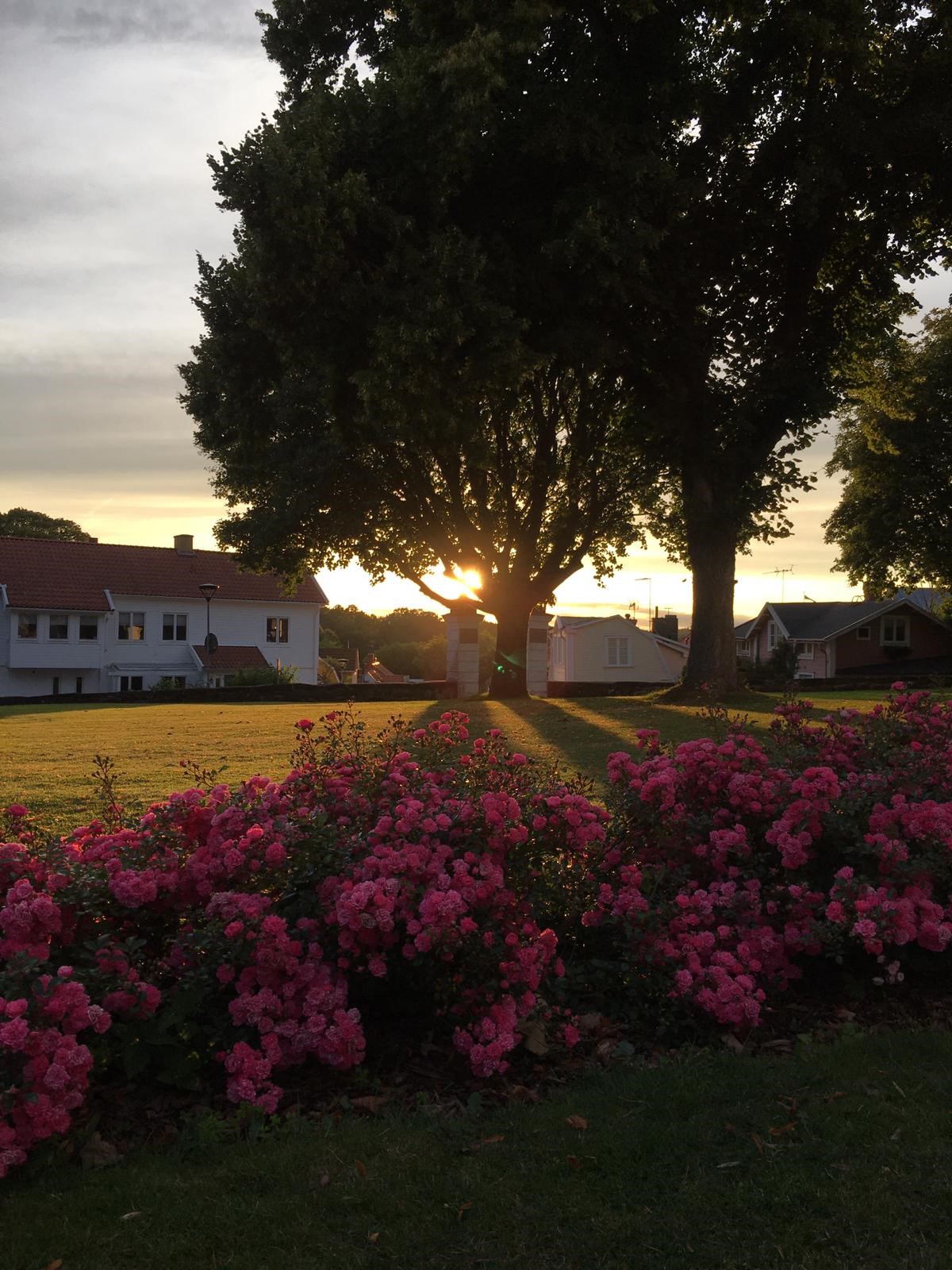

Have you ever wondered how it is to work in a self-leading team? Does it sound like a dream? Or are you rather sceptical? At Garantell, we are trying to work like this. In all transparency, it is a bumpy road. And this might sound corny, but we are growing every day. I want to share some lessons learned. I think that setting shared goals, growing together, and maintaining a good working environment helps us on the way.

It went so fast. One cannot completely grasp it, but we have a spring feeling in our cold country. We went from -18 to +8°C in one week, so we really did not have the time to let it sink in. The snow melted at a furious pace and most of us removed skates and skis to make room for bicycles and boats…
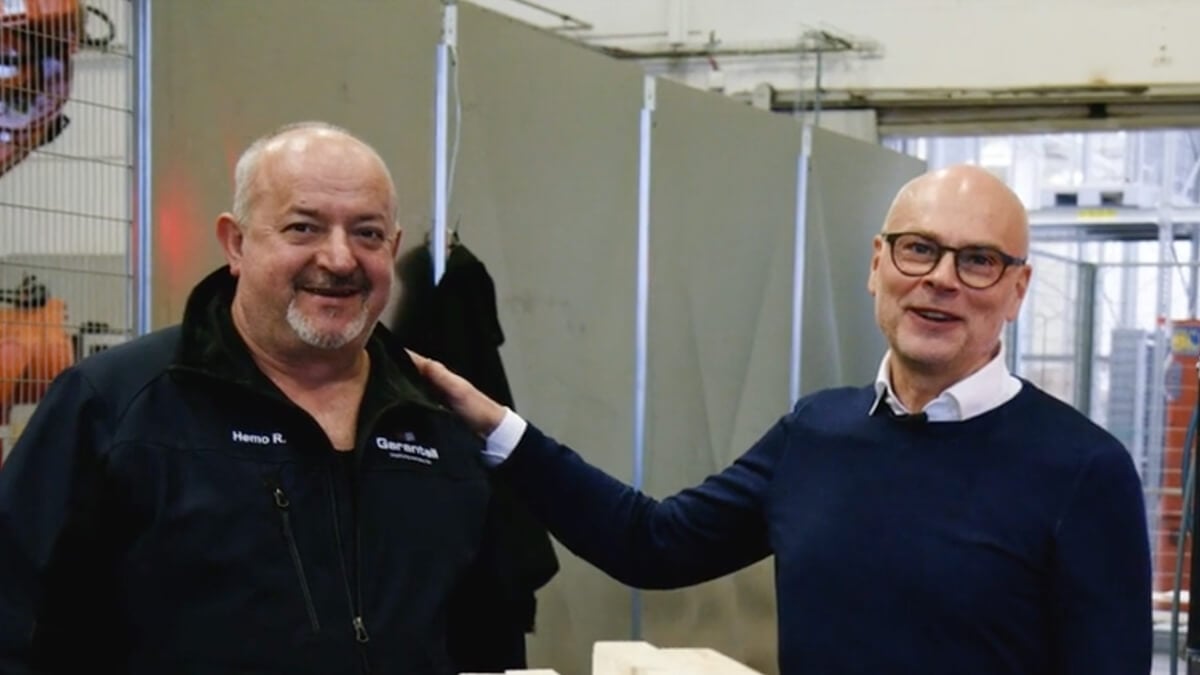
Digitalization is important to Garantell. From our customers drawing mesh decks, machine guards, rear mesh in the Garantellator online to producing it, everything is automatic. But digitalization is only a tool. Our self-leading teams are at the heart of our company. How those two go together explains our chairman Mikael Axelsson. This time around he has not written a blog, but we made a vlog. Watch it here:
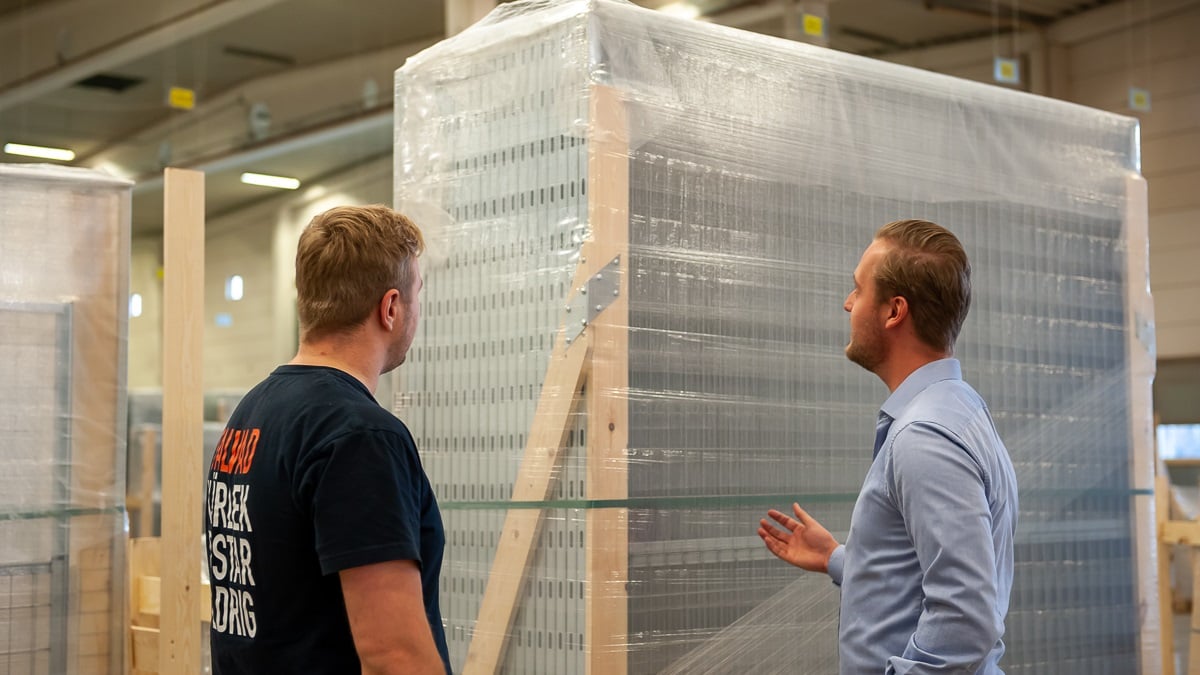
In today’s world, it is important to keep on your toes and be well-prepared for whatever the day has in store. This is so much easier to achieve when you have employees around you with different experience and knowledge. Perhaps you have read the previous blog posts “Different Nationalities, Shared Strength” and “Shared Breakfast, Nourishment for the Soul”, written by a couple of my colleagues. They give the impression that we are like a bag of mixed sweets – a great many people from different countries and different departments. And that really is true. Garantell has all functions and departments under one roof, from Production to Sales, from Development to Painting.

Time is one of the few things in life that is truly equal – no one can complain or insist that the quota is unfair. Although, the 24 hours a day we all have at our disposal can be utilised or wasted in various ways. However, only the things we manage to accomplish endure over time.
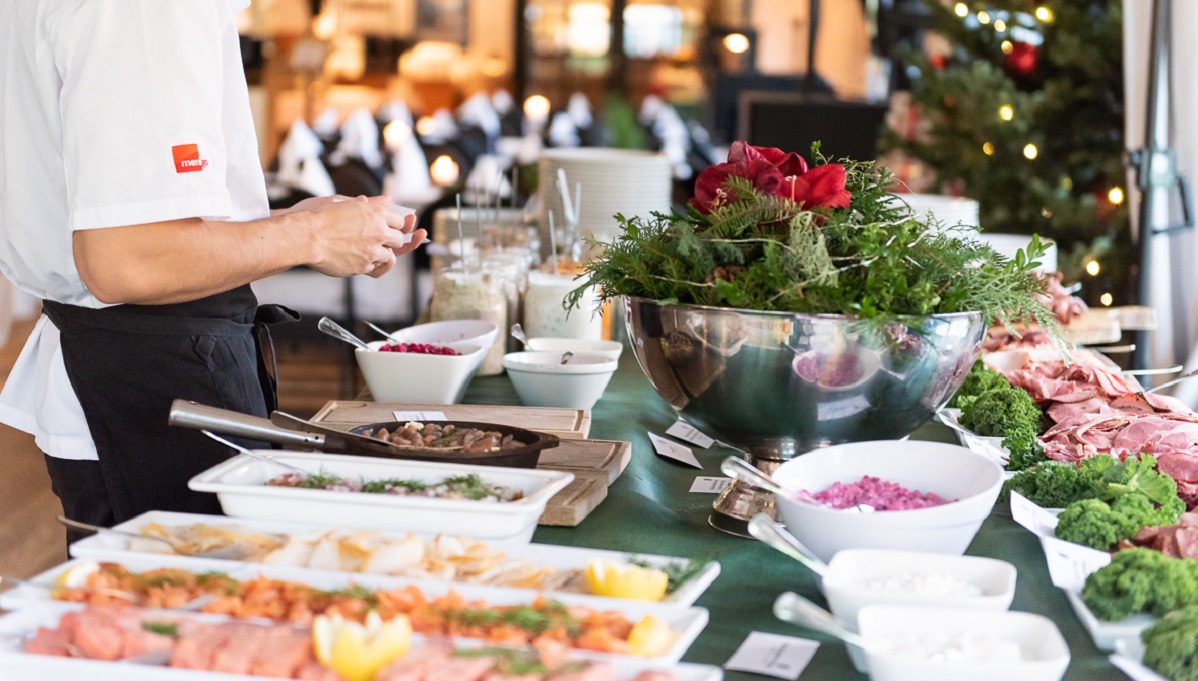
This year, many traditions have had to take a back seat. Due to the spread of the coronavirus, there are restrictions regarding the maximum number of people permitted to gather in one place, and festive events have had to adapt. This has affected the ability to hold everything from weddings to funerals in the usual way. Online funerals have become common in Sweden, while holidays such as Midsummer, crayfish parties or birthdays have been celebrated within the immediate family instead of as is usually the case with the extended family and friends. Christmas, which is considered the major holiday period in much of Europe, is now on the horizon. That too will be different for many people this year, as older relatives are unable to participate in the festivities in the same way as usual.
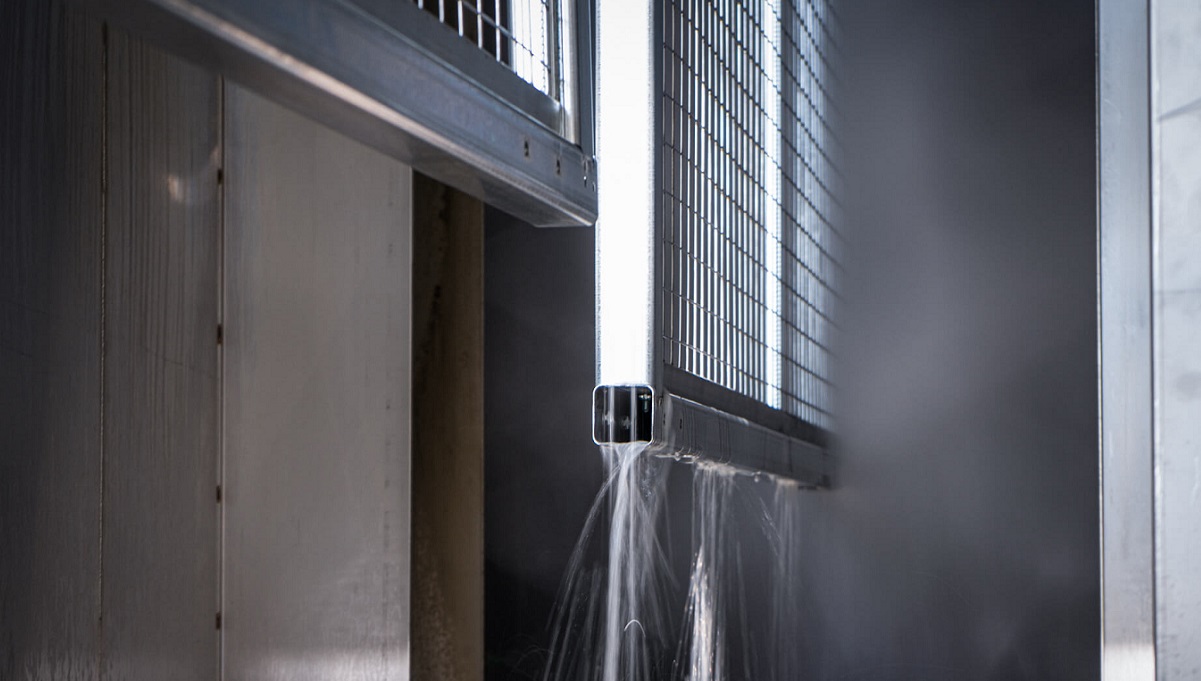
As a little girl living in the Polish countryside, I was a very good sales person in the school’s candy shop. Of course part of the profit disappeared in my mouth, but that is a pleasant detail … And now I am in a completely other line of business, mesh products, a great learning experience. However, occasionally I feel like the little candy seller again, as one my most favourite things to do is to go to the factory. To me it feels like the excitement of a school trip, or even more, I feel like a character in Charlie and the Chocolate Factory, the wonderful book by Roald Dahl. There is so much to see, and every time I discover something new. So today, I want to take you along on a trip to my favourite magic place, the one where our mesh panels are created.